Regulatory compliance is a critical aspect of equine management, ensuring the safety and well-being of horses and facilitating responsible veterinary practice. Electronic Medical Records (EMRs) have emerged as a powerful tool to improve and streamline regulatory compliance in equine healthcare.
Accurate and Complete Records
One of the primary ways EMRs improve regulatory compliance is by ensuring the creation and maintenance of accurate and complete records. Equine practitioners can record every aspect of a horse’s medical history, including vaccinations, medications, surgeries, and treatments. This comprehensive data is essential for demonstrating compliance with regulatory standards.
Timely Reporting
Regulatory compliance often requires timely reporting of specific information, such as adverse events, disease outbreaks, or the use of controlled substances. EMRs provide a means to generate reports quickly and accurately, allowing equine practices to meet regulatory deadlines. Vaccine manufacturers also use this information to track adverse events and assist in patient care.
Medication Management and Drug Records
Regulations surrounding the use of medications in equine management are stringent. EMRs can help ensure compliance with these regulations by providing tools to manage medications, track drug usage, and generate accurate medication records. Alerts for potential drug interactions or contraindications also contribute to safer and more compliant practices.
Security and Privacy Compliance
EMRs include security features to protect patient data and ensure privacy compliance, which is especially critical in today’s regulatory landscape. Access controls, audit logs, and encryption are some of the security measures that help protect sensitive equine health information.
Standardization of Protocols
Regulatory agencies often require specific protocols for various aspects of equine healthcare, from vaccinations to biosecurity measures. EMRs allow equine practices to standardize these protocols, ensuring that they are consistently followed and that regulatory requirements are met.
Auditing and Tracking Changes
Regulatory compliance may necessitate the ability to track changes made to patient records. EMRs offer auditing capabilities, allowing equine practices to monitor who accessed patient records and what changes were made. This transparency is valuable in demonstrating compliance and accountability.
Remote Access for Inspections
Regulatory agencies may conduct inspections of equine practices to ensure compliance. With EMRs, practitioners can provide:
- Remote access to regulatory officials.
- Allowing them to review records and data without the need for on-site visits.
- Making the inspection process more efficient.
Conclusion
Regulatory compliance in equine management is non-negotiable, as it safeguards the health and well-being of horses. Electronic Medical Records (EMRs) are pivotal in facilitating and enhancing compliance with regulatory standards. By offering accurate and complete record-keeping, timely reporting, and robust medication management, EMRs empower equine practices to meet and exceed the expectations of regulatory bodies. With the added benefits of security, standardization, auditing capabilities, and remote access, EMRs not only ensure compliance but also contribute to the best possible equine care. EMRs are quickly becoming the standard in maintaining the highest standards of regulatory compliance while prioritizing the health and safety of horses.
We are leading the way in equine digital health software.
If you would like to learn more, please contact Business Infusions for a software demo.
For more information about Business Infusions Software and Services:
Telephone: 1-877-207-3335
[email protected]
For pricing information, email Scott Pickard:
[email protected]

